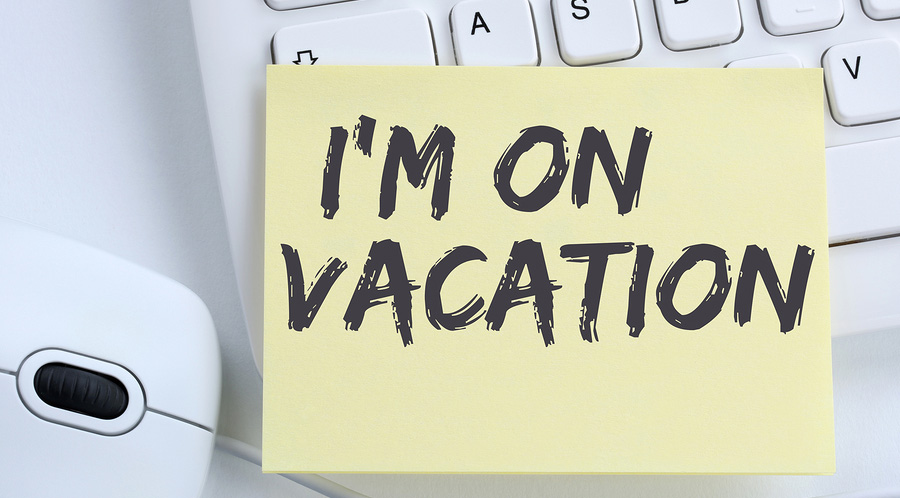Taking a break from the hustle and bustle of daily life can be beneficial for both physical and mental health. Vacation time from work is integral to any job and for good work-life balance, but many people don’t take advantage of these benefits. Workers in the US leave an average of 9.5 days of vacation time unused every year. For some, this time is simply lost at the rollover of the New Year. Others get to add it to the next year, but since they already aren’t taking time off, it’s unlikely they will use it the next year either.
This article will discuss three key benefits of taking vacation time from work: improved physical health, relaxation, and increased motivation upon returning to work.
3 Benefits of Taking Vacation Time from Work
Benefit 1: Increased Productivity
It may seem counter-intuitive, but taking a vacation from work is one of the best ways to increase productivity and improve overall well-being. How can leaving work increase productivity?
It gives you some much-needed time off to recharge your batteries. When you are tired and burned out at work, your productivity will drop. Sure, you’re still there physically, but you simply aren’t as engaged or enthusiastic. Your energy levels are lower and this leads to being less productive. You’ll likely make more mistakes, get less done, and take longer to get things done in general. The longer you go without taking time off, the worse this situation gets.
So, while taking time off means you are taking time away from work (being less productive by definition) when you come back with renewed energy, you will quickly make up for that lost time.
Benefit 2: Improved Mental Health
Mental health experts unanimously agree that regular vacations can help reduce stress and improve overall well-being. Taking frequent breaks helps to reset our mental state, encouraging positive emotions while alleviating negative ones. Furthermore, vacations provide an opportunity to focus on what matters most; connecting with family and friends, engaging in meaningful activities, or just taking time for yourself.
This matters in so many ways. You’ll be happier at work when you return and you’ll also enjoy your time off with family or friends – or just by yourself, unwinding. Taking regular time off leads to people being happier and more satisfied with their lives. You also have the opportunity to visit new places and have entirely new experiences, all of which can lead to better mental health.
Benefit 3: Physical Renewal
Taking vacation time away from work is essential for both physical and spiritual renewal. It allows us to step away from the everyday grind and helps us to balance our lives positively. This goes hand in hand with mental health but can have more direct physical impacts.
Not only does taking time off benefit our mental health, but it also helps us to feel more energized and productive when we return to work. Stress levels and cortisol go down. If you have a physically demanding job, the break can help you get over injuries or just general soreness. Depending on the type of vacation you take, you may also get a chance to get your sleep cycle to a healthier level. Since most of us don’t get enough sleep.
Conclusion
Taking vacation time from work has many benefits, from improved mental health to increased productivity and just generally feeling better. It is important to remember that taking a vacation does not mean abandoning your job responsibilities; instead, it is an opportunity for employers and employees to take a break and focus on their well-being and come back even stronger and more energized.



















